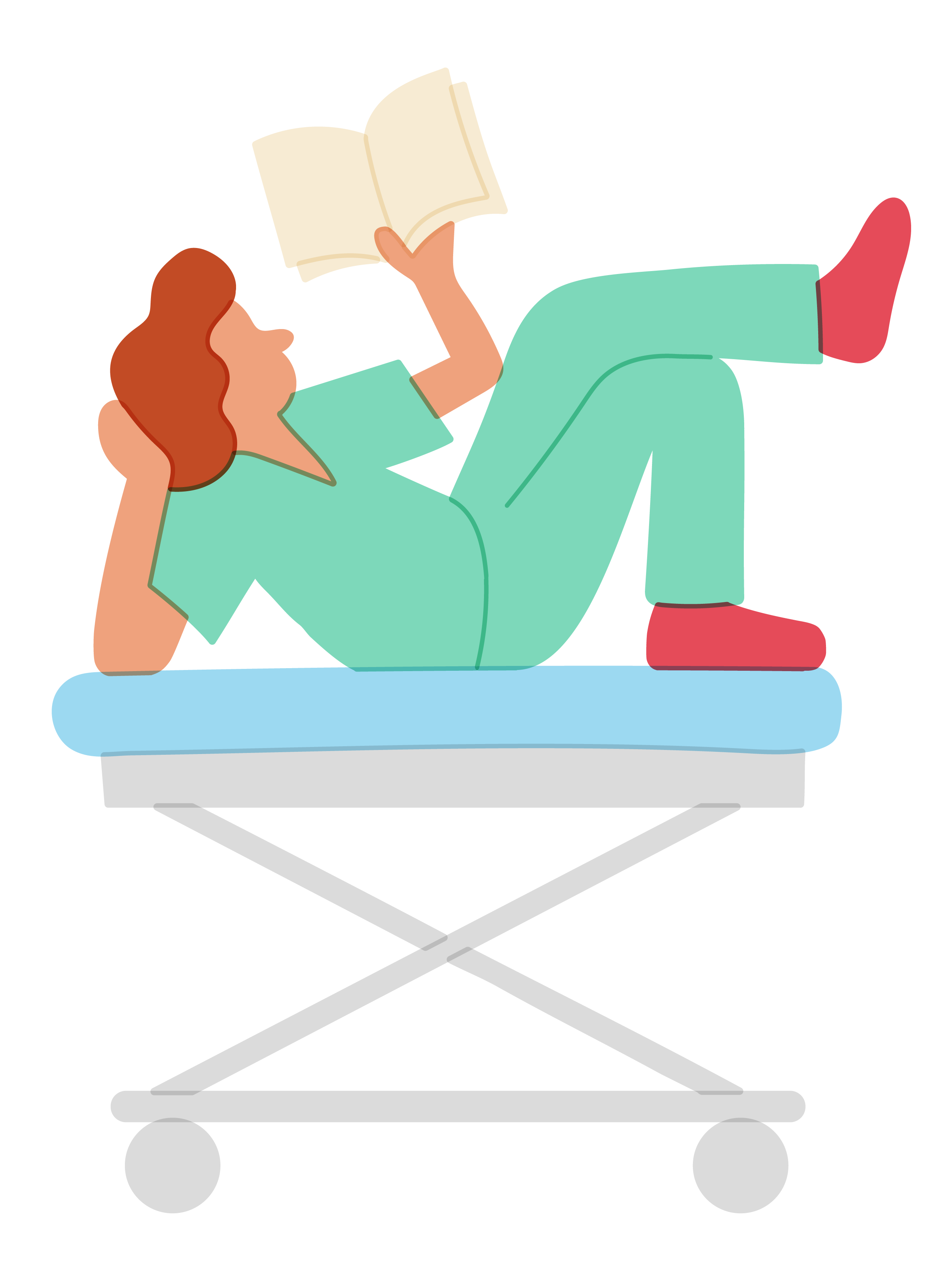%20(13).png?width=1080&name=Title_%20How%20to%20Study%20Efficiently%20for%20Hours%20On%20End%20(With%20the%20Help%20of%20a%20Tomato)%20(13).png) Clinical clerkships can be some of the most exciting times of medical school, but they can also be some of the most frustrating. Academic medicine tends to be very hierarchical, making it difficult for students to advocate for their own learning. Residents are often busy and stressed. Asking questions is often disincentivized – shouldn’t you just look it up on your own? Ultimately, every successful medical student learns how to navigate this quagmire over time. Here are some of the tips and tricks I used to be successful as a third-year medical student.
Clinical clerkships can be some of the most exciting times of medical school, but they can also be some of the most frustrating. Academic medicine tends to be very hierarchical, making it difficult for students to advocate for their own learning. Residents are often busy and stressed. Asking questions is often disincentivized – shouldn’t you just look it up on your own? Ultimately, every successful medical student learns how to navigate this quagmire over time. Here are some of the tips and tricks I used to be successful as a third-year medical student.
1. Be enthusiastic!
Not everyone is going to be an internist, a surgeon, a pediatrician, or [insert specialty here]. Conversely, this may be your only exposure to an entire field of medicine. Show some interest and try to take away what you can from your limited time studying these various fields. Being a medical student, particularly a third-year, is often a tough, thankless job, but a positive attitude goes a long way. If you show interest, your supervisors will be more likely to invest in your learning. Nurses, therapists, and other allied health professionals will also respond much better to you if you have a positive attitude!
2. Be proactive and seek feedback
Challenge yourself to be more than a passive learner. If your resident is seeing a new consult, offer to tag along! Ask for feedback on your progress or for comments on your strengths and weaknesses. Make it a point to schedule time for feedback, and remind your team about it. This check in doesn’t have to be long – even a quick chat at the end of a day or week can give you useful tips for improvement (or highlight your strengths). Holding your supervisors accountable can also help break through the generic feedback of “keep reading,” the bane of every MS3.
3. Have an organized, defensible plan
You assessments and plans are where you really shine as a medical student. It can be tempting to stop after getting a thorough history and physical, but challenge yourself to go further. Having a thorough plan shows that you’ve taken an appropriate history and physical and can incorporate the pertinent aspects into meaningful next steps. Have at least one reason for each of your recommendations, especially for diagnostic studies!
4. It's okay to say “I don’t know”
If you don’t know, it’s okay to say so! Medicine is all about lifelong learning. No one can remember the appropriate workup or management for every single disease or chief complaint. Rather, it’s more important to know your limitations and understand how to use the resources available to you. If you know how to thoroughly research a question and effectively follow up, you’re well on your way to becoming an excellent resident. What inspires confidence in you from your supervisors and trust from your patients is how you come up with an educated plan. And once you’re the one determining treatment decisions, you’ll realize that simply “knowing everything” isn’t nearly as valuable as knowing how and where to find helpful clinical information.
Master these elements now, and you will be well prepared for residency!

Comments